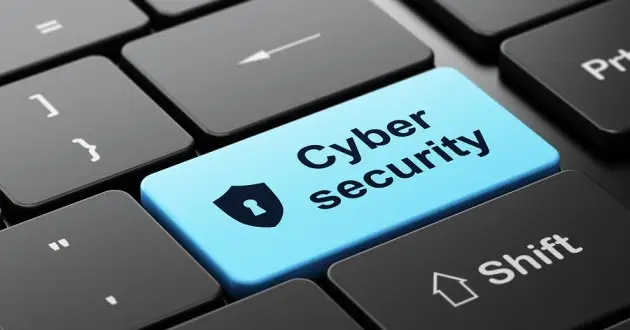Cybersecurity experts have advised Nigerians to cultivate safe online habits as part of efforts to guard against increasing cyber threats.
Dr. Gabriel Arome, Associate Professor of Cybersecurity at the Federal University of Technology, Akure (FUTA), said cybersecurity awareness empowers internet users to navigate the digital space confidently without fear of cyberattacks.
Speaking in Abuja during an interview with the News Agency of Nigeria (NAN) to mark Cybersecurity Awareness Month, Arome described awareness as the most effective defense against online risks.
“The greatest firewall is not a device—it is an enlightened mind,” he said. “Being safe on the internet is not just a technical matter but a daily habit and discipline. The more cybersecurity knowledge we have, the more secure we become.”
He emphasised that cybersecurity awareness was not about fear but about digital self-defense. “Cybersecurity is not a question of fear; it is about protecting yourself online. Awareness is your antivirus,” Arome added.
He cautioned users against engaging with unsolicited messages, especially those that promise job offers, giveaways, or urgent bank notifications. “When it seems too good or too desperate, stop—it’s likely a scam,” he said.
The cybersecurity expert also advised users to avoid sharing personal information or One-Time Passwords (OTPs), use strong passwords, enable two-factor authentication, and regularly update software to prevent breaches.
“Digital safety should be treated like physical security—protect your devices and data as you would your home,” Arome said.
Also speaking, Mrs. Hadiza Umar, Director of Corporate Communications and Media Relations at the National Information Technology Development Agency (NITDA), said cyber safety was both a personal and collective responsibility.
“Cyber hygiene is not only a personal duty but a shared effort. When individuals protect themselves, they also safeguard their families, workplaces, and the broader digital community,” she stated.
Umar urged Nigerians to stay alert, practice caution when clicking links, and adopt secure online habits to help build a digitally resilient nation.





